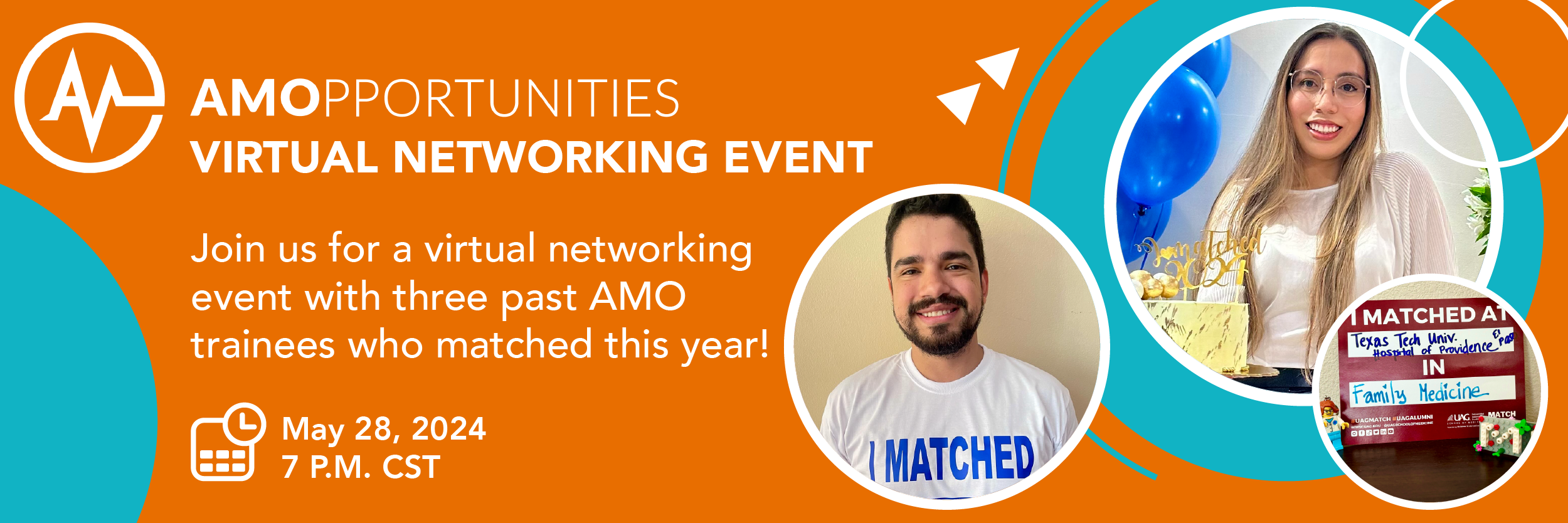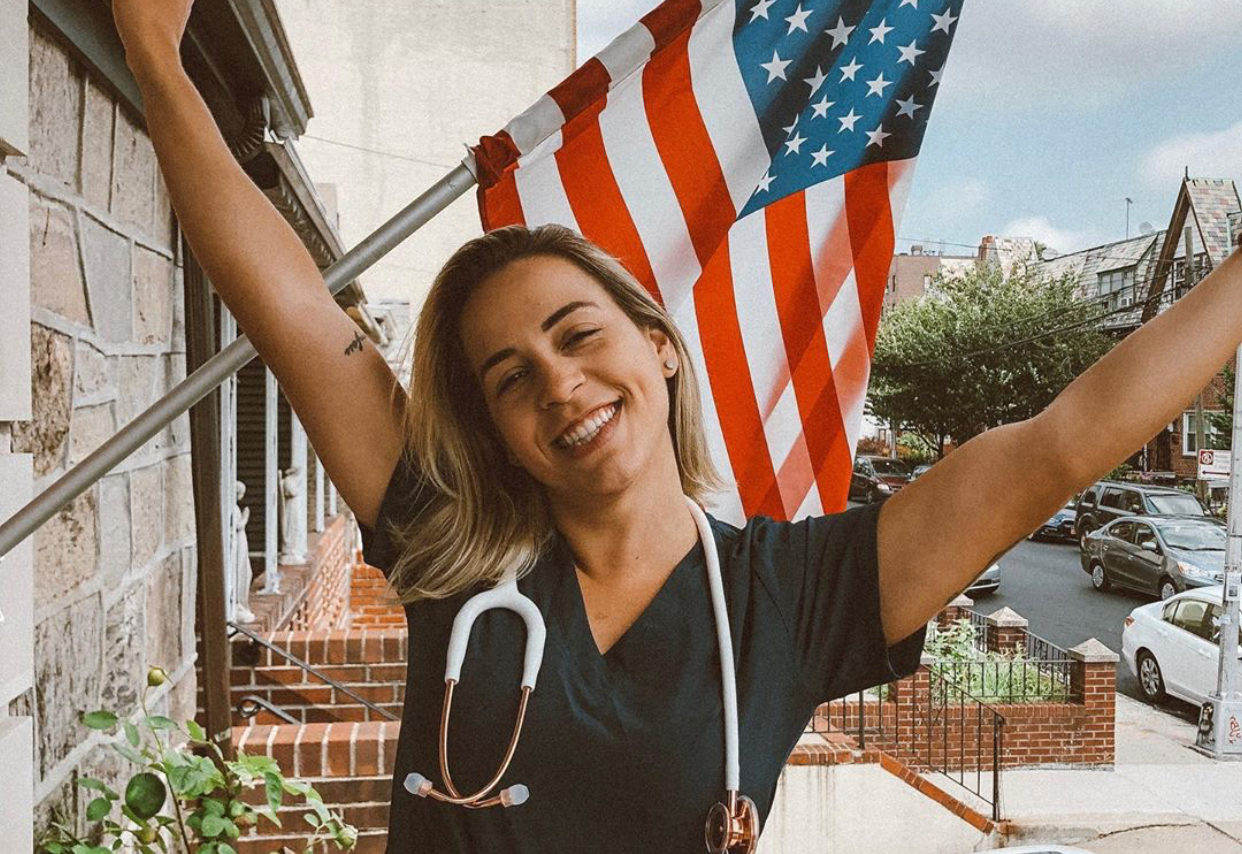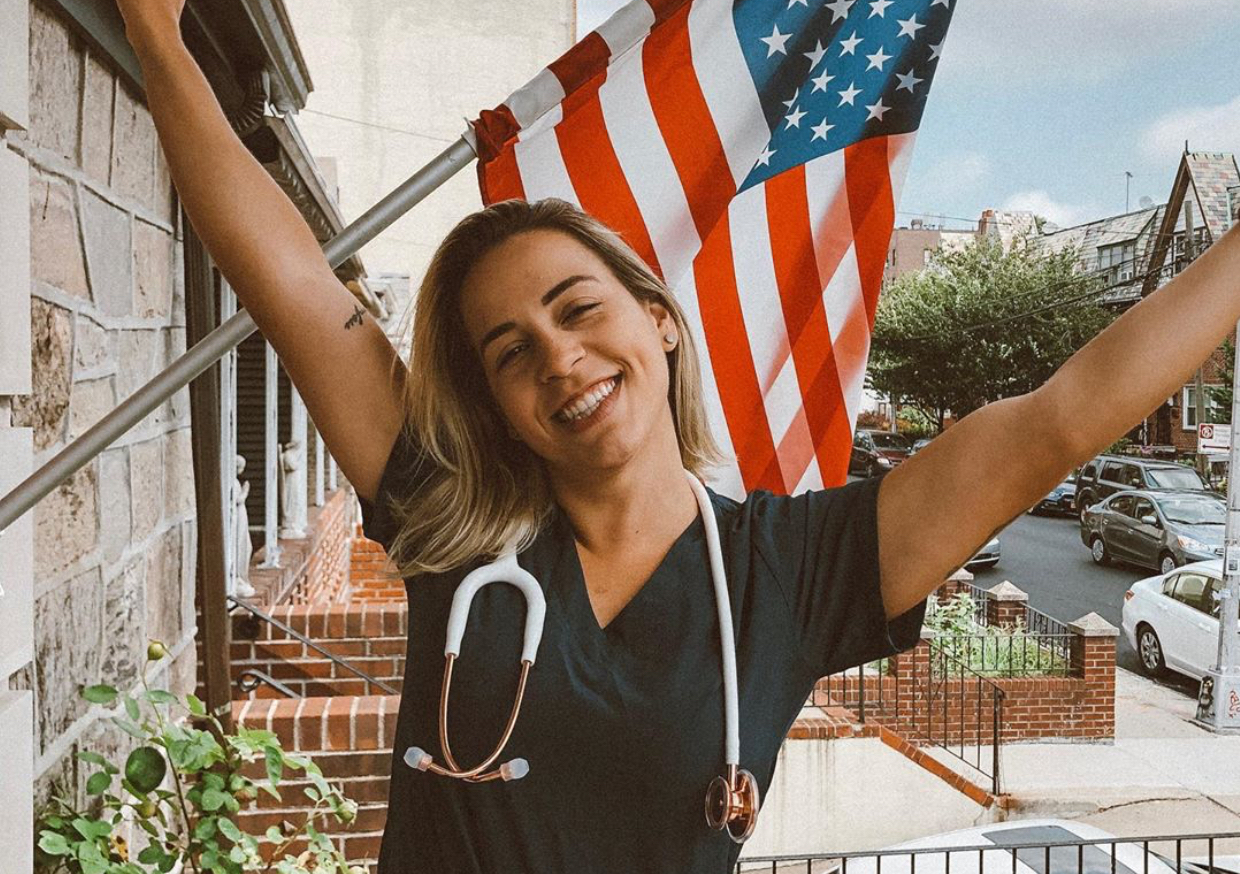Audition rotations are rotations hosted by hospitals or residency sites that give trainees the opportunity to showcase their fit at that hospital or site. While opportunities for audition rotations are not as common as finding standard clinical experiences or rotations, standard rotations still give trainees the chance to showcase their skills, knowledge, and workplace compatibility.
A good impression during a rotation can give you the chance of returning to your training site when you hit the job market.
Below, we look at three key aspects that can help you make your rotations act like an audition rotation.
Get to Know a Community
When thinking about your career, choosing where you rotate is as important as choosing what specialty you’ll rotate in. Clinical experiences are an excellent opportunity to immerse yourself in a community. Whether you’re a medical student or a recent graduate, taking the time to understand the dynamics of a community is crucial. Here’s why:
a) Every community has its own unique culture. This culture can effect how healthcare is provided, from different cultural or religious beliefs about healing and aging to different relationships with medical care. By spending time in a specific community, you begin to see how socio-cultural factors influence the care giving process and can assess whether you align with their values and work philosophy. This insight is invaluable when deciding on a long-term commitment.
b) Professionals and institutions are more likely to hire individuals who have demonstrated an understanding of their community. Participating in local events, engaging with community initiatives, and showing genuine interest can significantly enhance your chances of securing a job.
c) Building strong relationships with preceptors during your rotations can lead to compelling letters of recommendation. These letters can be instrumental in both the residency and the job application process, providing prospective employers or residency directors with insights into your clinical competence and interpersonal skills.
Networking and Making Connections
Networking is a powerful tool in the medical field, and audition rotations present a unique opportunity to expand your professional network. Here’s how you can leverage this:
a) Attend Events and Conferences: Participate in local medical events and conferences during your audition rotations. These gatherings attract professionals from various specialties, providing an ideal environment for networking. Be proactive in introducing yourself and exchanging contact information with potential mentors or future colleagues.
b) Utilize Online Platforms: Joining professional networking platforms, such as LinkedIn, can help you connect with healthcare professionals beyond your immediate geographical location. Engage in relevant discussions, share your experiences, and connect with professionals who share your interests.
c) Informational Interviews: Take advantage of your audition rotations to request informational interviews with professionals in your desired field. This not only demonstrates your proactive approach but also provides you with valuable insights into the day-to-day responsibilities of different roles.
Getting to Dive into Specialties
Audition rotations are an excellent opportunity to explore different medical specialties, helping you make informed decisions about your career path. Here’s how you can maximize this experience:
a) Express Your Interests: Communicate your career goals and interests to your preceptors during audition rotations. They can guide you toward relevant specialties, offer advice, and even facilitate introductions to specialists in those fields.
b) Gain Diverse Experiences: Opt for audition rotations in various specialties to broaden your skill set and knowledge base. Exposure to different disciplines not only enhances your clinical competence but also makes you a versatile candidate in the job market.
c) Seek Mentorship: Establishing mentor-mentee relationships with specialists during audition rotations can be immensely beneficial. A mentor can provide guidance, share valuable insights, and open doors to opportunities within their network.
Rotations are not merely a checkbox on your path to becoming a healthcare professional; they are opportunities for growth, learning, and networking. By understanding the importance of getting to know a community, actively engaging in networking, and exploring different specialties, you can transform your audition rotations into stepping stones towards a successful and fulfilling career. Start your journey today, and let each rotation bring you one step closer to your dream job.







Leave A Comment